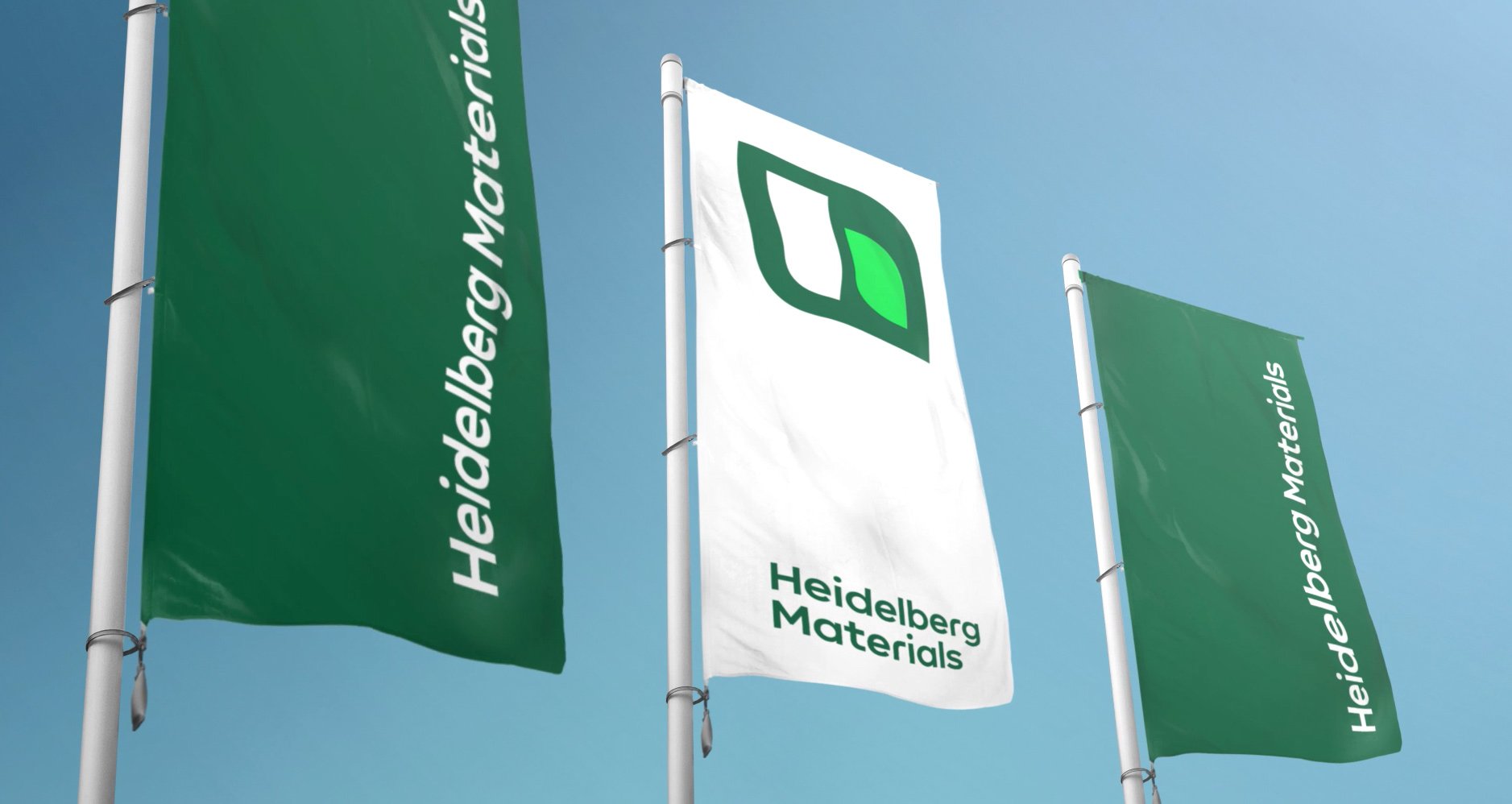HeidelbergCement and EMBL explore solutions in CO₂ reduction
HeidelbergCement and EMBL have signed an agreement on a three-year collaboration to exchange scientific and technical knowledge.
A new Memorandum of Understanding co-signed by EMBL and HeidelbergCement aims to encourage beneficial knowledge exchange in areas related to CO₂ emission reduction, avoidance and recovery, as well as driving innovation.
“We are delighted to be partnering with EMBL, one of the world’s leading research institutions for molecular biology, to jointly explore innovative approaches to fight climate change,” explains Dr. Bernd Scheifele, Chairman of the Managing Board of HeidelbergCement AG. “This will further strengthen our competence and our commitment to reduce the environmental footprint of our business.”
HeidelbergCement and EMBL will focus their collaborative activities on the coordination of conferences and workshops, bringing international experts to EMBL’s Advanced Training Centre to learn about and debate these important research areas. Meetings will also be initiated that bring together experts from both organisations to develop ideas, action plans and sustainable business practices. During the three-year period, HeidelbergCement and EMBL will also explore further areas for mutually beneficial collaborations.
“Climate change is an incredibly pressing issue” says EMBL Director, Prof. Matthias W. Hentze. “The science underpinning it is complex and we need the best scientists worldwide to put their heads together to look for innovative solutions. Building on our strong network of internationally leading scientists, EMBL will help facilitate this collaboration and promote discussion between experts.”,
HeidelbergCement’s activities include the production and distribution of cement and aggregates, the two essential raw materials for concrete. With respect to volumes, concrete is the second most produced substance by mankind after drinking water. This is why almost 6% of all global CO₂ emissions are coming from cement production. In order to reduce this environmental footprint, HeidelbergCement has already pledged to lower specific CO₂ emissions by 30% by 2030 in comparison to 1990 levels.
About EMBL (European Molecular Biology Laboratory)
EMBL is Europe’s flagship laboratory for the life sciences. It is an intergovernmental organisation established in 1974 and supported by over 20 member states. EMBL performs fundamental research in molecular biology, studying the story of life. It offers services to the scientific community, trains the next generation of scientists and strives to integrate the life sciences across Europe.
EMBL is international, innovative and interdisciplinary. More than 1,600 people, from over 80 countries, operate across six sites in Barcelona (Spain), Grenoble (France), Hamburg (Germany), Heidelberg (Germany), Hinxton (UK) and Rome (Italy). The scientists work in independent groups, conduct research and offer services in all areas of molecular biology. Their research drives the development of new technology and methods in the life sciences. EMBL works to transfer this knowledge for the benefit of society.
About HeidelbergCement
HeidelbergCement is one of the world’s largest integrated manufacturers of building materials with leading market positions in aggregates, cement, and ready-mixed concrete. The company employs some 60,000 people at more than 3,000 locations in around 60 countries.
2,150 characters

